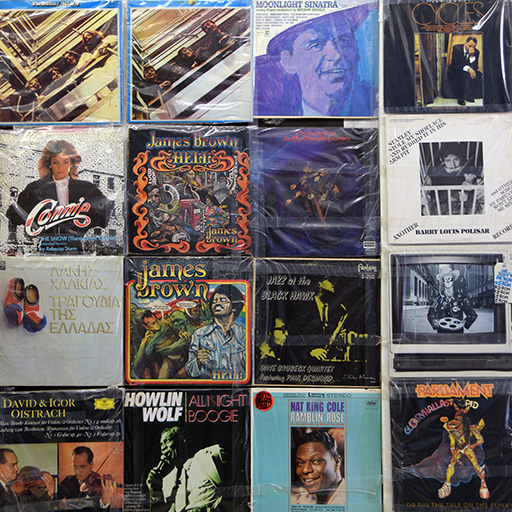10 The impact of recordings
As the major blues artists were black, there was also a social dimension to the recording industry that split the market and the producers along racial lines. Specific record producers emerged who recorded black musicians for a market dominated by the black population. This did not of course mean that the artists were any better treated or better paid. The advent of electrical recording in the mid-1920s had a significant impact on the quality of recordings. Popular music and jazz were the first to benefit from the improvements.
In the 1960s white British rock bands discovered recordings of the great blues singers. The Beatles, the Rolling Stones, Eric Clapton, Led Zeppelin and many others appropriated elements of the blues and in so doing, drove the emergence of rock. Now, many musicians are doing cover versions of the blues songs they have heard on record. One might argue that these dilute the essence of the blues. A different argument is that a new generation is discovering the blues, and this in itself is preserving the tradition. However, there is also a political dimension to the argument, namely that white singers appropriated music from poor black musicians and benefitted financially from it, sometimes without acknowledging their sources.

